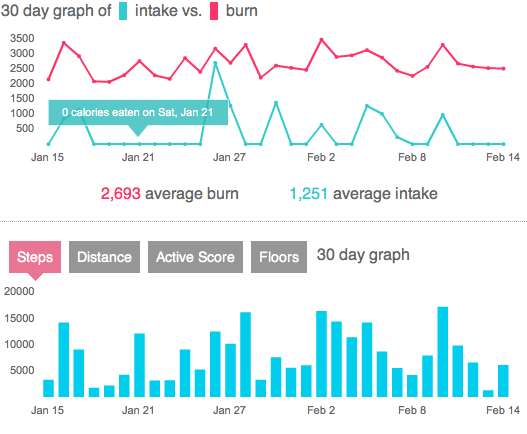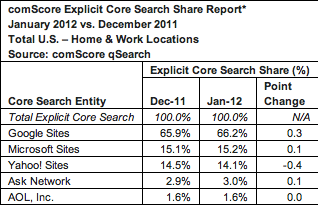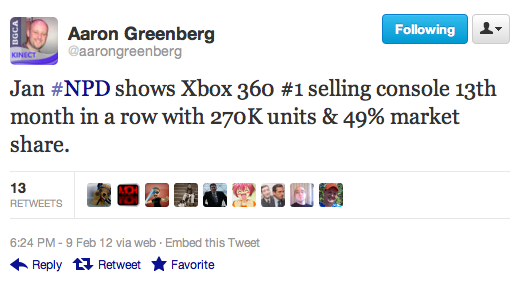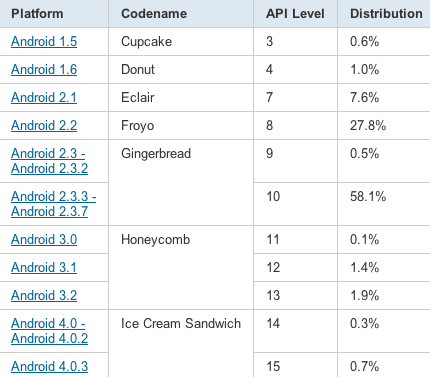Just as Apple did a few years ago, upgrading the Mac operating system from one type of Leopard to another, the company is announcing a followup to Mac OS X Lion with another type of lion: Mountain Lion, version 10.8. Although the change from Leopard to Snow Leopard was slight, the jump from Lion to Mountain Lion looks to be more thorough. Gone is the “Mac” from the “Mac OS X” nomenclature, leaving us with just OS X Mountain Lion.
Around the web, the likes of John Gruber, Harry McCracken, Nilay Patel, MG Siegler, and the fine folks at Macworld have taken Mountain Lion for a spin and the consensus is generally positive.
Mountain Lion (v10.8) is ostensibly a deeper marriage of what Apple is learning from the iPad and the Mac than Lion (v10.7). And that isn’t surprising considering iOS and the iPad are bigger than the Mac in raw units. Notably, it’s iOS’s Notification Center, Game Center, Reminders, AirPlay, and the Share Sheets “share from anywhere” functionality that are making the jump to desktop.
Address Book, iChat and iCal are getting renamed to Contacts, Messages and Calendar, presumably to keep it inline with their iOS counterparts. The more interesting of the three is Messages, which’ll be amalgamating iChat on the Mac and iMessage on iOS. One application for your chat conversations and iMessages. If you’re feeling adventurous, Messages is available now as a beta download.
Remember iCloud? Well, it’s getting deeper integration into the operating system, and it’s becoming more and more apparent that iCloud will be the foundation on which Apple’s strategy is built going forward. And that’s exciting. iCloud has never been anything fancy in Lion, but in Mountain Lion it’ll be the first thing you’re presented with after a fresh install. And you can count on better document, photo, and bookmark sync, however Patel noted the lack of a file system can somewhat hamper the document sharing experience.
Lastly, (of the major inclusions) there’s Gatekeeper, which cleverly rounds out the Mac App Store concept with a new way to attack the malware problem before it becomes an issue.
Siegler:
This is an entirely new security feature in Mountain Lion. While Apple feels like they’ve largely avoided some of the major malware problems out there, they acknowledge that the threat is still very real. With Gatekeeper, they offer a solution. And it’s going to be controversial.
Essentially, Gatekepper gives you control over the kind of apps that can be installed on your computer. There will be three options: allow apps from anywhere (the way it works today), allow only Mac App Store apps, allows Mac App Store apps and identified developers.
The reason why this will be controversial is because the final option will be the default one. To be clear: this means that by default, you won’t be able to install any app from the web on your machine.
Gruber:
My favorite Mountain Lion feature, though, is one that hardly even has a visible interface. Apple is calling it “Gatekeeper”. It’s a system whereby developers can sign up for free-of-charge Apple developer IDs which they can then use to cryptographically sign their applications. If an app is found to be malware, Apple can revoke that developer’s certificate, rendering the app (along with any others from the same developer) inert on any Mac where it’s been installed. In effect, it offers all the security benefits of the App Store, except for the process of approving apps by Apple. Users have three choices which type of apps can run on Mountain Lion:
- Only those from the App Store
- Only those from the App Store or which are signed by a developer ID
- Any app, whether signed or unsigned
The default for this setting is, I say, exactly right: the one in the middle, disallowing only unsigned apps. This default setting benefits users by increasing practical security, and also benefits developers, preserving the freedom to ship whatever software they want for the Mac, with no approval process.
Patel:
Apple says Gatekeeper is a response to the growing threat of malware that relies on clever social engineering to get users to run malicious code hidden within another seemingly-innocuous app — the company doesn’t think it’s a huge problem now, but it’s trying to ward it off at the pass.
The developer preview is available now, but for the rest of us OS X Mountain Lion will be available this summer. Apple hasn’t yet disclosed the price, I wouldn’t rule out Mountain Lion being priced at $29.99.
Notice that this release date is exactly one year after the release of Lion. This is Apple’s new pattern. The company has been telling journalists that OS X is now being iterated on a yearly basis. And you better believe that this has been coming for some time now. As Gruber notes:
As soon as Schiller told me the name, I silently cursed myself for not having predicted it. Apple is a company of patterns. iPhone 3G, followed by a same-form-factor-but-faster 3GS; iPhone 4 followed by a same-form-factor-but-faster 4S. Leopard followed by Snow Leopard; so, of course: Lion followed by Mountain Lion.
The major-upgrade-every-other-year is Apple’s thing now. However refined and broad the changes Mountain Lion look, it’s the off beat in Apple’s release schedule. Whatever’s next will be even bigger.





Follow Me!